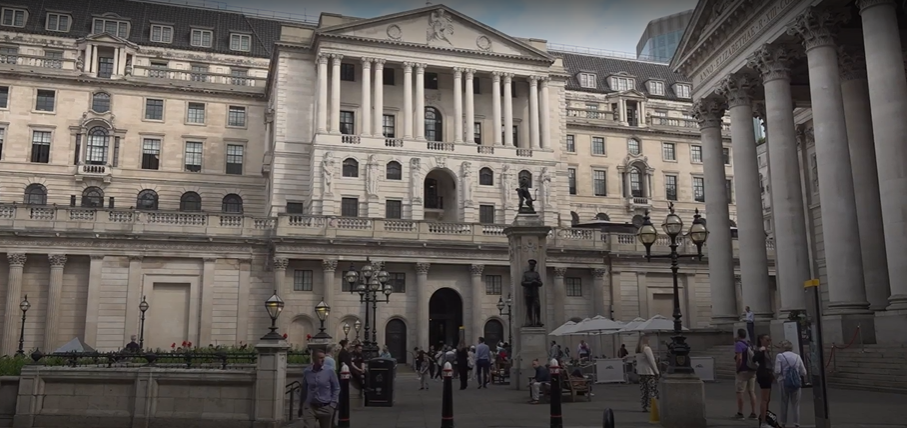The Bank of England is anticipated to reduce interest rates in a move closely followed by economists and households alike. Analysts are predicting a cut from 4.75% to 4.5% due to the recent sluggishness in the UK economy, which has witnessed slow growth. Here’s a detailed breakdown of the situation and its potential impacts.
Why Interest Rates Change:
Interest rates play a critical role in managing inflation. The Bank of England adjusts rates to control the pace of overall price increases. Raising rates makes borrowing more expensive, reducing consumer spending and slowing inflation. However, this comes with risks, as higher rates could also stifle economic growth by discouraging business investment.
Impact of Rate Cuts on Mortgages and Borrowing:
If the Bank reduces the base rate, it could directly affect mortgage-holders, especially those with “tracker” or variable rate mortgages. Around 629,000 homeowners could see their monthly repayments drop by approximately £29 as a result of the expected 0.25% rate cut.
On the other hand, savers could experience a decline in returns from banks as interest rates fall, affecting savings accounts and investment returns.
Economic Uncertainty and Global Influences:
Despite the UK’s internal economic challenges, international issues, such as the ongoing trade tensions resulting from US President Donald Trump’s tariffs, could have a ripple effect on the UK. These tariffs could place upward pressure on prices globally, influencing inflation rates.
The Bank of England’s Strategy and Future Rate Decisions:
The Bank’s Governor, Andrew Bailey, has emphasized a gradual approach to future rate cuts, noting the ongoing uncertainties, particularly those tied to global factors and the UK’s economic responses to the autumn Budget. The decision will likely balance between stimulating the economy and preventing runaway inflation.
Forecast for the UK Economy and Interest Rates:
As businesses prepare for the expected budgetary changes and higher costs starting in April, the Bank of England’s next rate cut decision will heavily depend on inflation projections and economic growth forecasts. Economists anticipate a potential slowdown in the economy, but wage growth may also play a role in influencing the decision.
Conclusion:
With the Bank of England’s expected rate cut, the UK economy may experience some relief, but challenges remain, particularly with inflation still above the target level. The coming months will likely reveal how the Bank’s actions align with the economic trajectory and the global economic environment.
